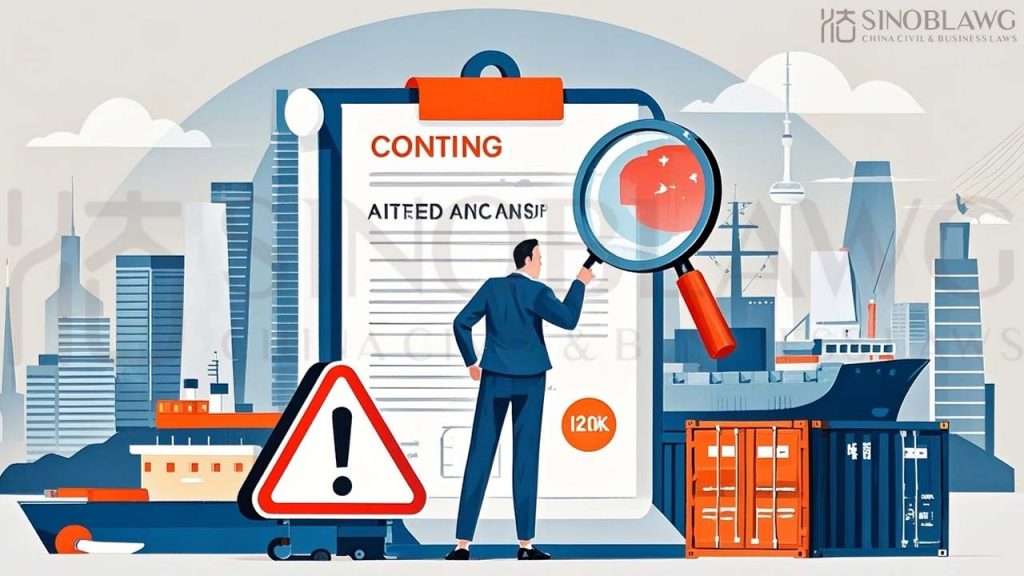It is not the first time I write about this topic for foreign companies trading with Chinese seller. You can check on this post "Check out who you are trading with in China".
An American client recently complained to me about his problem with his Chinese vendor. The client has been purchasing aluminum sheets from the Chinese seller for years and they have been largely on good terms. But friendship based on commercial dealings can be fragile. At the end of 2015, the vendor supplied quite a big quantity of aluminum sheets that failed to work, due to an epoxy issue contained in the products. The client incurred serious loss but the vendor refused to compensate the loss, so the client is looking into whether he will have a good case against the Chinese vendor/exporter.
Apart from the fact that qualify dispute in international trade is very complicated, after the client told me the name of the Chinese exporter, I did a bit of corporate research on it, and found out that the vendor was a newly set up limited liability company with a relatively small registered capital.
The tricky thing is that the client was previously dealing with another company (controlled by the same businessman) which is much bigger with more substantive assets, but was asked to sign contract with this new company back in 2014. The client is a very honest gentleman and trusts that there won't be any problem so long as the products can be supplied as before with no clue on how this will affect his position when things go wrong.
On behalf of the client, I went to meet up the Chinese exporter with a hope to reach some kind of settlement before we proceed with court proceeding. The hope was immediately dampened to nil in a few minutes into the talk as the boss outright claimed that they won't be paying anything for the problem citing plausible reasons and that he won't be appearing in court room at all since he would simply leave the company to bankruptcy court and let my client take whatever he can.
Practically speaking, the client is now in a very difficult situation as to whether or not to pursue this case. Theoretically, some lawyers may advise clients to proceed by proposing other remedies such as going after the shareholders if they had withdraw the registered capital from the company. Withdrawing registered capital is very common but is hard to prove. I never intend to lead client into an unknown path, ending up in a legal jungle with no hope to grab anything meaningful.
So again, the lesson is a good one worthy of a better understanding for foreign buyers of Chinese goods.
- you will have to do a basic due diligence to understand who you are dealing with, in terms of its existing history, registered capital, current assets and financial standing or even technical strength and so on.
- if you are only dealing with a trading entity in China, then you have got to be more careful with your payment terms with those companies as they are easy to set up and easier to disappear, and you may find nothing left for you when you contemplate suing them for compensation.
- if you are dealing with a corporate group, make sure the company signing contract with you is the one with good assets to back up its creditworthiness. Don't easily change to a new company you don't know well.
- consider requesting your Chinese exporter to post a guarantee or procure the posting of a guarantee from a third party (an affiliated company or the controlling shareholder), and if there is an individual guarantor, this will be better, as individuals (often the shareholders) are not easy to shake off debts they incur since China does not have a personal bankruptcy law so far. Given that Chinese exporters are facing a hard time in finding a good buyer, it won't be a tough job to securing certain guarantee or security from Chinese sellers.
- Last but not the least, write up an air-tight contract for your deals. Many clients dealing with Chinese sellers seem not aware of the importance of putting in place a good contract. It is not uncommon that clients come up with a contract that is too naive and simple and may do not much good at all.
So get smarter in dealing with your Chinese sellers.








Comments